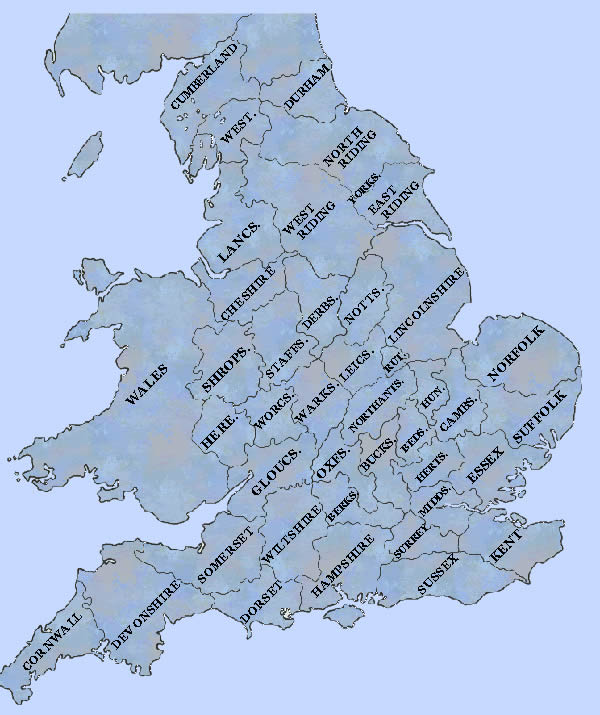Unit 6 Report
One thing I had to look up before reading about this area was to find exactly which countries are in
I also read that these countries (historically and currently) seem to be divided from
As I was reading through the information on the Digital Divide I began to wonder, what was it like when books were being printed for the first time, before there were libraries? Was there a print divide? I'm assuming that libraries were created to close this gap; how will we close the digital divide? Is it the responsibility of libraries to offer free high-speed Internet access for their patrons? Given the history of libraries (at least public libraries) I would presume that yes, libraries should take on the responsibility of providing access to the Internet. Now, given that I know that libraries have even trouble as it is with budgeting, how can they begin to pay for PCs and high speed Internet? The government should be stepping in – they should be taking more responsibility to prevent the digital divide. By ensuring that rural areas are in a state such that fiber optic cables can be run underground, allowing for Internet access should be the primary responsibility of the government. Not to mention the social implications – why are these people unable to get to digital information in the first place? My guess is because of an already corrupt economic system. Unfortunately, the information ‘have nots’ are only going to get farther and farther behind the information ‘haves’. Even though the article we read is a bit dated, this continues to be a huge issue. As my friend Sam Kome said, ‘you don’t have to travel the world to find the information poor; it lives in our own backyards’.
This is a problem that needs to be remedied from the ground up. Every child in every school needs to learn how to use the Internet properly and how to find trustworthy information online. Not only should the government ensure access to the Internet, they need to make sure that people in rural areas know how to use it – and the public school system is a great place to start.
By changing who has access to digital information, we can change the hierarchy. Giving people information is the most powerful gift in the world. It goes right along with ‘Give a man a fish and he eats for a day; teach a man to fish and he eats for a lifetime.’ Give people access to information and you will dramatically change their lives.
As I was reading through some of the information on specific countries, I realized how unfo
These countries are so different from
Allowing
It seems that the EU’s current stance is that while
While the EU seems to be a good thing (in general) – regulating currency and banding together, I worry about exports. Mary mentioned in her slides that
The information on CEENet was very cool! It seems wise that these countries band together and share information. One thing I noticed was that
The National Library of Estonia had interesting information on cartography. In their collection they have maps dating back to 1856 of the local area:
It’s interesting to look at that map and then this one from 1937:
I just love learning some of the histories of these countries!
As a side note, while the National Library of Ukraine’s site was NOT in English, they have a beautiful library:
To end on a happy note, the video of




















